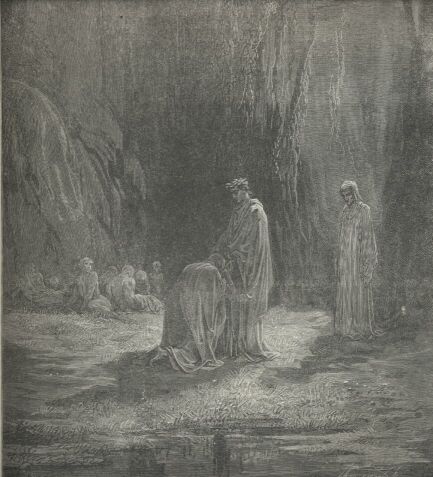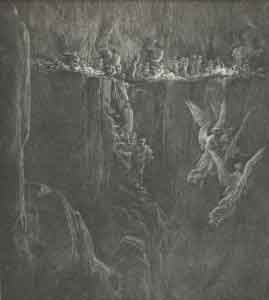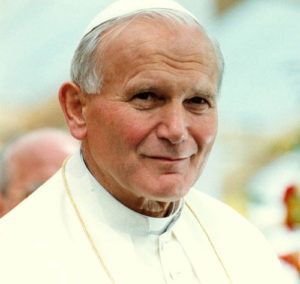Podcast: Play in new window | Download (Duration: 28:24 — 19.5MB) | Embed
Subscribe: Apple Podcasts | Spotify | Amazon Music | Android | Pandora | iHeartRadio | JioSaavn | Podchaser | Gaana | Podcast Index | Email | TuneIn | Deezer | Anghami | RSS | More

The Liturgy of the Eucharist, Part 3 – The Way of Mystery with Deacon James Keating
Deacon James Keating reflects on the deep meaning of the Our Father and the moments that follow it in the Eucharistic liturgy. Christ not only left His Body and Blood as an enduring gift but also gave His Church the perfect words with which to approach the Father. The Our Father reveals the intimacy between the Son and the Father, inviting the faithful to share in that divine relationship. Heaven is this very communion of love among the Father, Son, and Holy Spirit—a reality that the Mass allows us to enter even now. When we pray “Thy will be done,” we participate in Christ’s obedience and goodness, asking to be drawn into the Father’s will. The prayer for “daily bread” points both to the Eucharist and to our need for divine nourishment that sustains virtue and forgiveness. Before receiving this bread, we are called to forgive others, renounce attachment to sin, and trust God for deliverance from evil. The Our Father thus becomes the very language of reconciliation—the way heaven meets earth through Christ.
The Sign of Peace and the Lamb of God are moments that prepare the heart for communion. Peace means more than the absence of conflict—it is communion itself, the fruit of reconciliation through Christ. The repeated invocation “Lamb of God, who takes away the sins of the world” brings awareness of our dependence on divine mercy and the innocent power of Christ’s sacrifice. The priest’s private prayers before communion highlight fidelity to truth, interior healing, and the grace that restores what sin has fractured. We should not treat the Eucharist as a personal right or mere symbol. Receiving Christ’s true Body and Blood requires faith, repentance, and integrity of conscience; to receive unworthily is to lie before God. The Eucharist is the mystery of divine love offered to the reconciled—a gift we could never deserve, yet one that heals and integrates us into the very life of the Trinity.
Discerning Hearts Reflection Questions
- How does praying the Our Father during Mass draw you into the intimate relationship between Jesus and the Father?
- In what ways do you experience the Eucharist as the meeting place of heaven and earth?
- What does “Thy will be done” mean for your daily moral choices and spiritual surrender?
- How can receiving your “daily bread” inspire greater trust in God’s goodness and providence?
- Before receiving Communion, whom might you still need to forgive or seek forgiveness from?
- How does the Sign of Peace call you to see others through God’s merciful eyes rather than their faults?
- When you hear “Lamb of God, who takes away the sins of the world,” how aware are you of your need for mercy?
- What does the priest’s silent prayer before Communion teach you about humility and fidelity to truth?
- How has receiving the Eucharist brought healing or integration to areas of disunity in your life?
- Do you approach Holy Communion as an undeserved gift of love rather than a personal entitlement?
Deacon James Keating, Ph.D., is a professor of Spiritual Theology and serves as a spiritual director at Kenrick Glennon Seminary in St. Louis, MO.

 composed by St. Alphonsus of Liguori
composed by St. Alphonsus of Liguori






